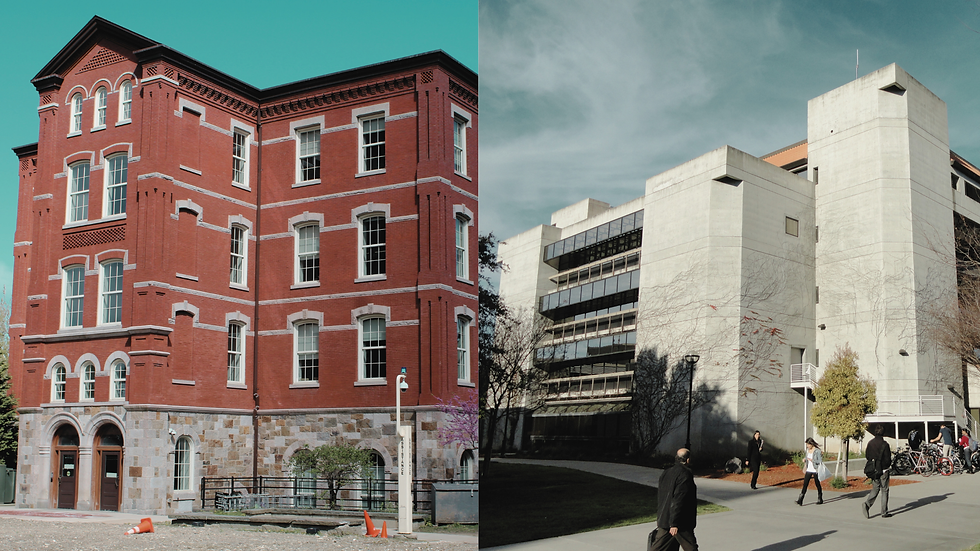Turkish Government Threatens Academic Freedom
- Ebby Abramson
- Jan 23, 2016
- 2 min read
Updated: Mar 12, 2022
The Turkish government has taken drastic steps toward restricting academic freedoms, arresting 27 Turkish academics and launching criminal investigations into more than 1,200 individuals across 90 Turkish universities. Fortunately, all arrested scholars have since been released from detainment; however, if convicted, they could face up 15 years imprisonment on accounts of "propaganda against the government " and "insulting the Turkish government."
The tensions began in December 2015, when an open letter, signed by academics across the world including Noam Chomsky and David Graeber, was sent to President Recep Tayyip Erdogan. Chomsky has long been critical toward the Turkish government's treatment of Kurdish minorities and other facets of the Erdogan's government. He has raised concerns regarding a witch-hunt against academics critical of the AKP government.
The petition was initially released on January 11 with over 1,400 academics' and researchers' signatures. The Turkish Council of Higher Education (YÖK) immediately responded that it would take legal action against the Turkish signatories.

A petition on Change.org featuring a copy of the original has amassed more than 4,000 signatures, and a UK version of the Academics for Peace initiative has collected more than 800 signatures from professors and researchers across British Universities.
The US embassy has also issued a statement indicating concerns over the arrests of the academics in Turkey, though it simultaneously denounced and rejected the petition itself.

Following the release of the initial petition, Erdoğan took to the stage to insult what he referred to as "crappy, so-called academics." He warned professors not to think of themselves as "so-called intellectuals."

In his speech, Erdogan called on academics to "pick a side," i.e. to be either with the Turkish State or with the terrorists. Such a statement must remind us (as it did Noam Chomsky) of when former President GW Bush made a similar pronouncement over a decade ago following the September 11 attacks.
While academics outside Turkey may not face a specific threat, it would be a grave mistake to foresake the fruitful progress that had just begun to make itself felt on Turkish campuses. To allow Turkish academics to be vilified and isolated would be to concede defeat to the most conservative and antiintellectual impulses of Turkish society.
It is vital to show our solidarity with academics in Turkey. We must remember Hannah Arendt's warning that the world's greatest atrocities are not merely the result of leaders misusing their power, but also of average citizens staying silent and going about their business: “we have hardly the time, let alone the inclination, to stop and think."
We like to think that the atrocities of the past cannot be repeated, but by turning our backs on our Turkish colleagues, we risk allowing a dangerous climate to intensify— one that we may regret for decades to come. This is why the subsequent solidarity petitions are so important. They indicate to the Turkish government and to the world at large an ongoing commitment to securing Turkish academia as part of a global community of researchers and intellectuality despite the challenges they face in their own country.




